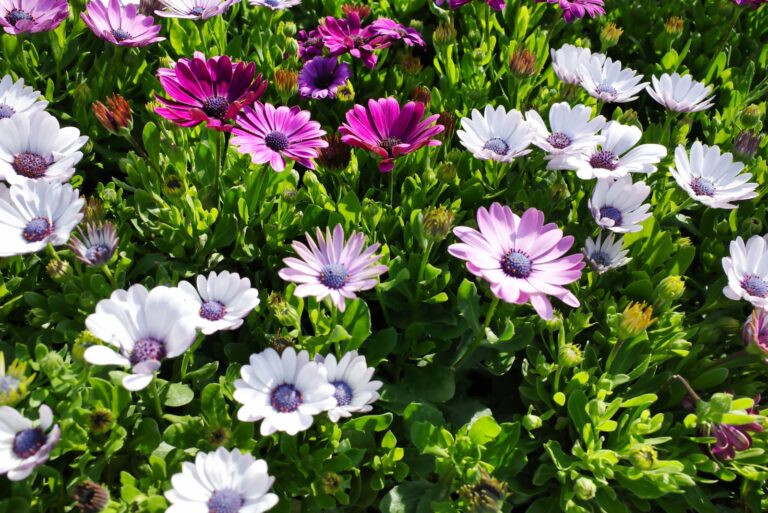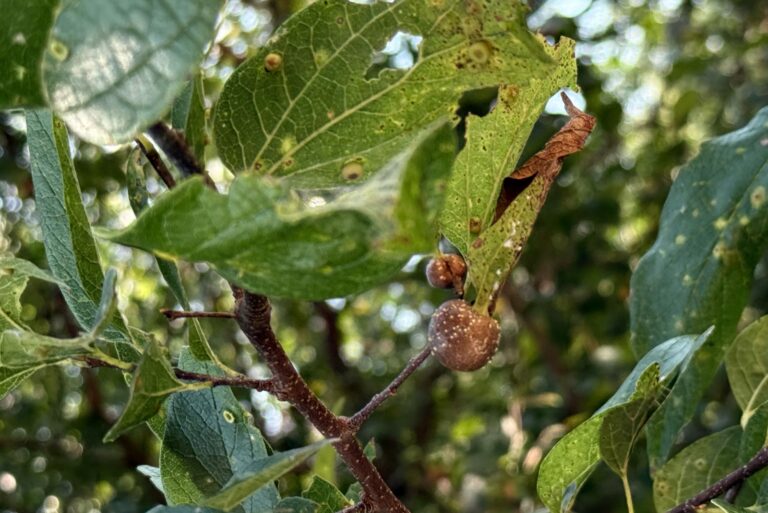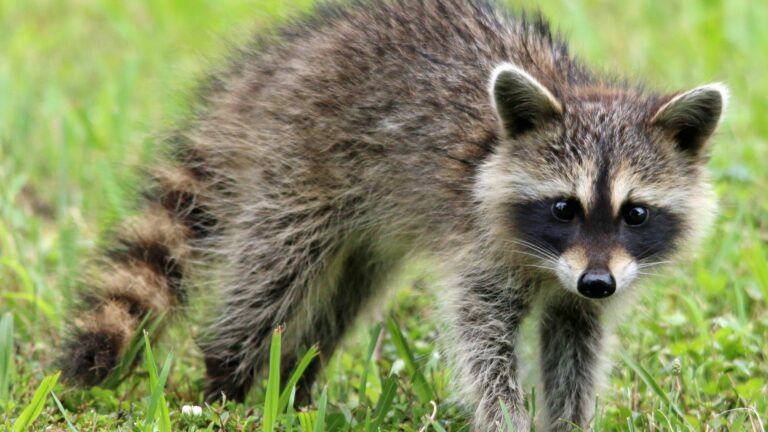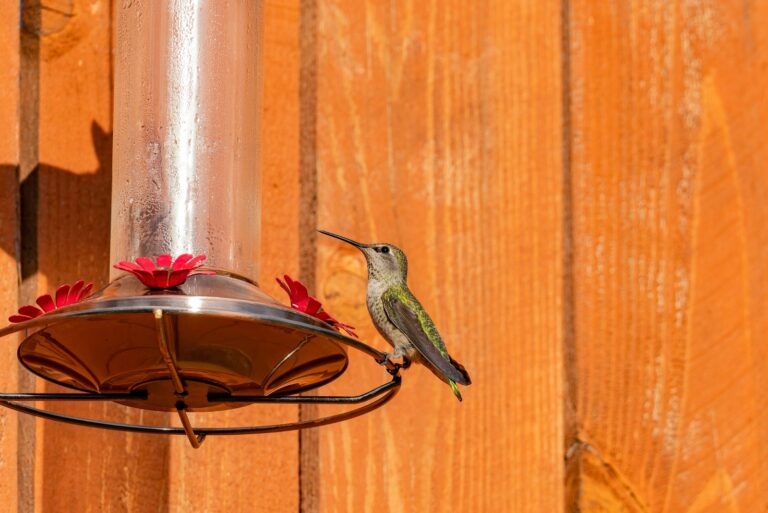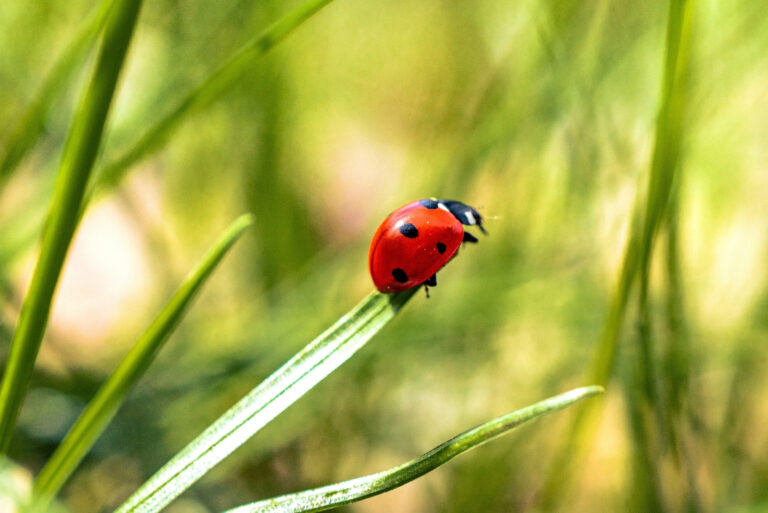8 Reasons Georgia Homeowners Should Think Twice Before Removing Possums
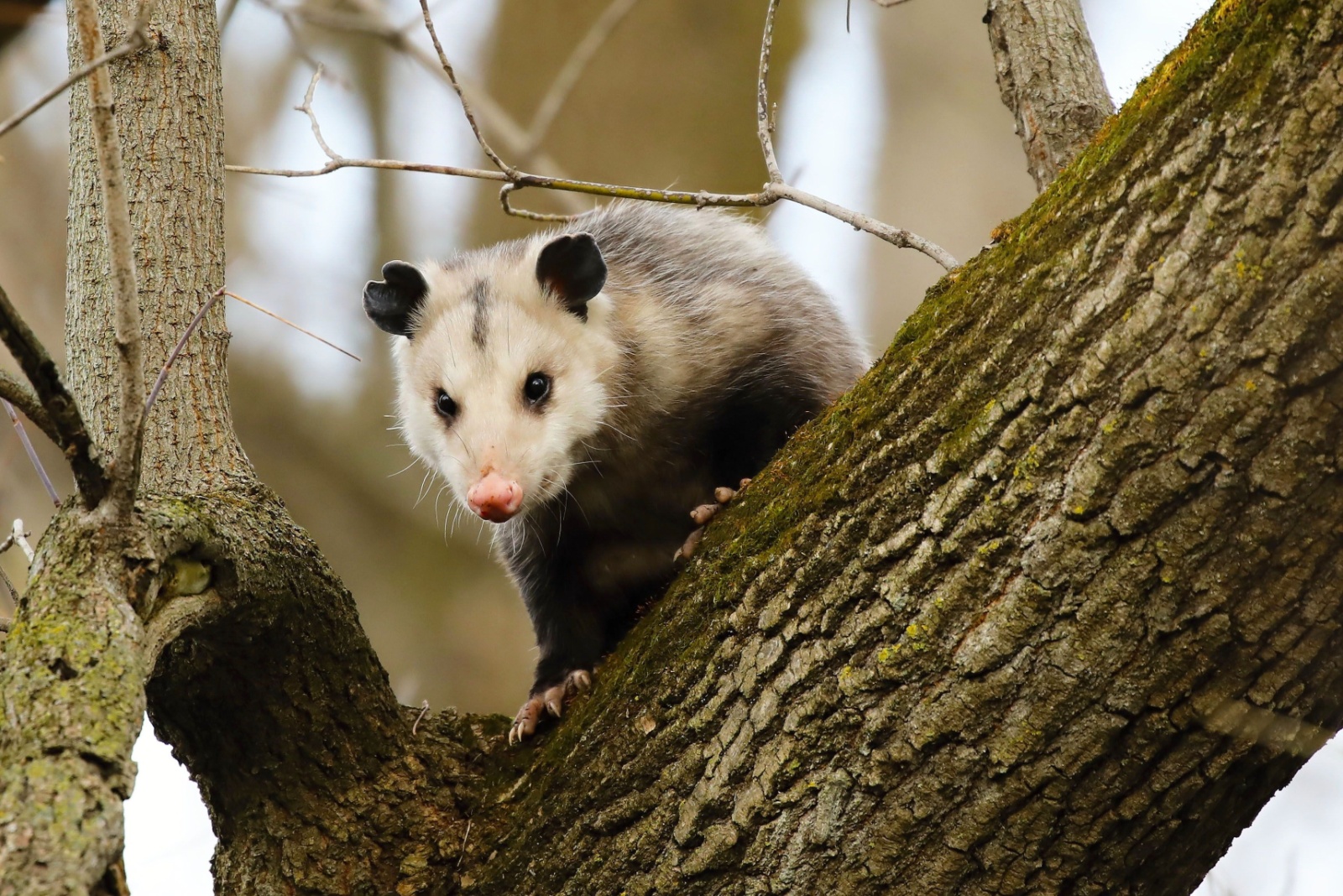
Spotting a possum in your Georgia backyard might make you want to call animal control right away. But before you rush to remove these misunderstood marsupials, you should know they offer some surprising benefits.
From pest control to disease prevention, possums play an important role in your local ecosystem that could actually help your property.
1. Nature’s Tick Vacuum Cleaner
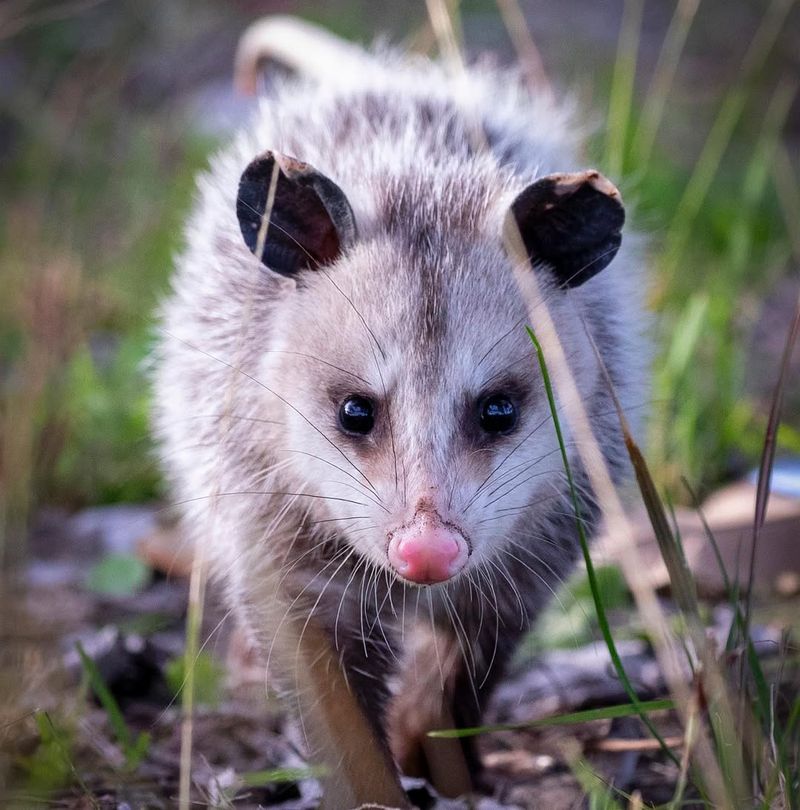
Possums are absolute champions at gobbling up ticks, which is fantastic news for Georgia families dealing with Lyme disease concerns. A single possum can consume up to 5,000 ticks in one season, acting like a furry pest control service that works for free.
They groom themselves constantly and eat any ticks that latch onto their fur during nighttime wanderings. With tick populations exploding across the Southeast, having a possum patrol your yard naturally reduces the risk of tick-borne illnesses for your family and pets without using harsh chemicals.
2. Free Pest Control Service

Your unwelcome guest might actually be solving pest problems you didn’t even know you had. Possums feast on cockroaches, beetles, slugs, snails, and other creepy crawlers that damage gardens and invade homes throughout Georgia’s humid climate.
They’ll happily munch on mice and rats too, keeping rodent populations in check around sheds, garages, and foundations. Instead of spending money on exterminators or toxic pesticides, a possum does the dirty work naturally while you sleep, targeting the exact pests that cause the most headaches for homeowners.
3. Snake Bite Immunity Advantage
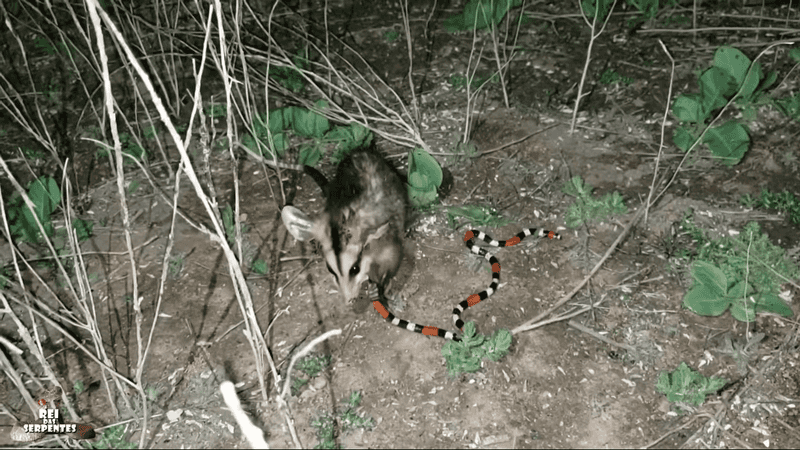
Here’s something wild: possums have a natural immunity to snake venom, including bites from Georgia’s venomous copperheads, cottonmouths, and rattlesnakes. This remarkable trait means they can hunt and eat venomous snakes without suffering harm, providing an unexpected layer of protection around your property.
While they won’t eliminate every snake, possums help control snake populations naturally by competing for food sources and occasionally preying on smaller serpents. For families worried about dangerous snakes near play areas or gardens, a resident possum offers peace of mind that few other creatures can provide.
4. Rabies Resistance Reality
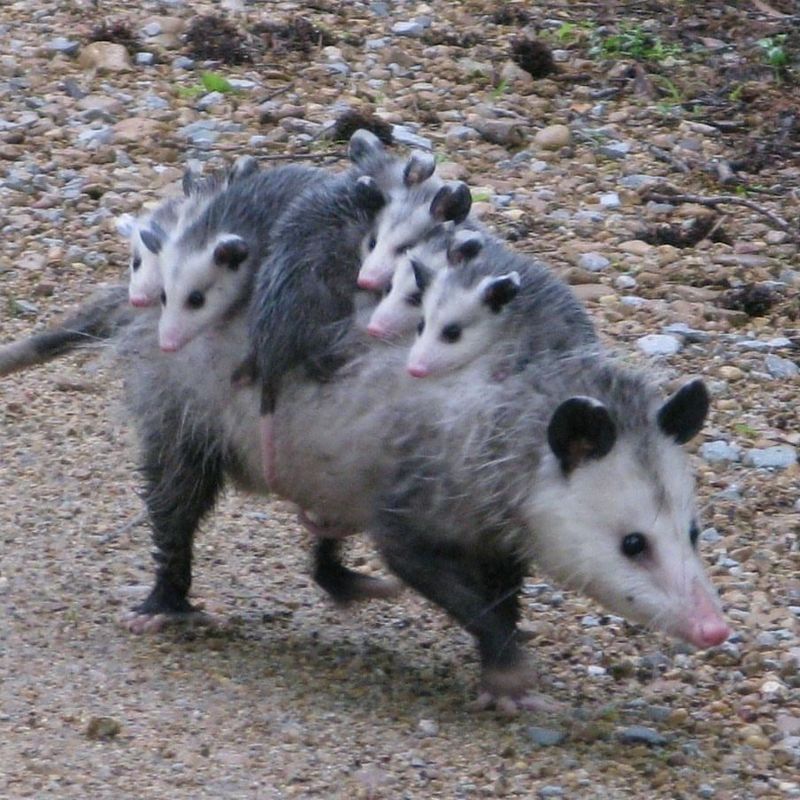
Contrary to popular fear, possums are extremely unlikely to carry rabies due to their unusually low body temperature. Their core temperature sits around 94-97 degrees Fahrenheit, making it nearly impossible for the rabies virus to survive and replicate in their systems.
Scientists have studied thousands of possums and found rabies cases to be extraordinarily rare compared to raccoons, bats, or skunks.
When you see a possum acting strangely, it’s probably just their famous defense mechanism of playing dead, not a sign of disease. This makes them one of the safest wild animals to have around your Georgia home.
5. Garden Cleanup Crew
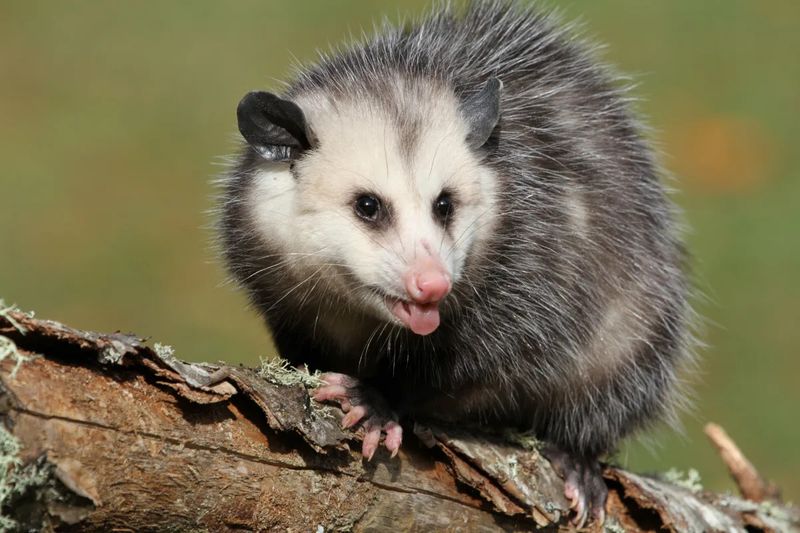
Possums work overtime as nature’s cleanup crew, devouring fallen fruit, rotting vegetables, and decaying plant matter that would otherwise attract flies, ants, and other nuisance insects.
They’re not picky eaters, which means they’ll clear away organic waste that might create unpleasant odors or breeding grounds for pests around your property.
Unlike raccoons that destroy gardens by digging up fresh plantings, possums typically stick to already-fallen or overripe produce. Their scavenging habits keep your yard tidier and reduce waste decomposition that could attract more problematic animals or create unsanitary conditions near your home.
6. Short-Term Visitors Only
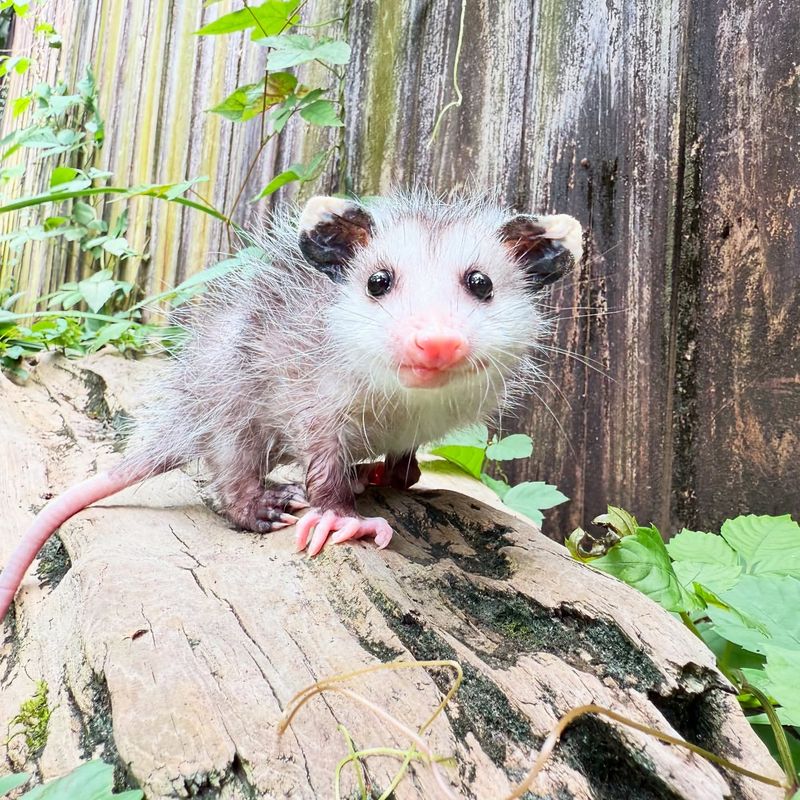
Unlike raccoons or squirrels that establish permanent dens, possums are nomadic wanderers who rarely stay in one spot for more than a few days. They follow food sources and shelter opportunities, constantly moving through their territory without claiming your attic or crawlspace as a forever home.
Most possum sightings represent a temporary visitor passing through rather than a long-term resident requiring removal.
Their transient lifestyle means that annoying possum you spotted will likely disappear on its own within 48-72 hours, saving you the expense and hassle of professional wildlife removal services altogether.
7. Protected By Georgia Law
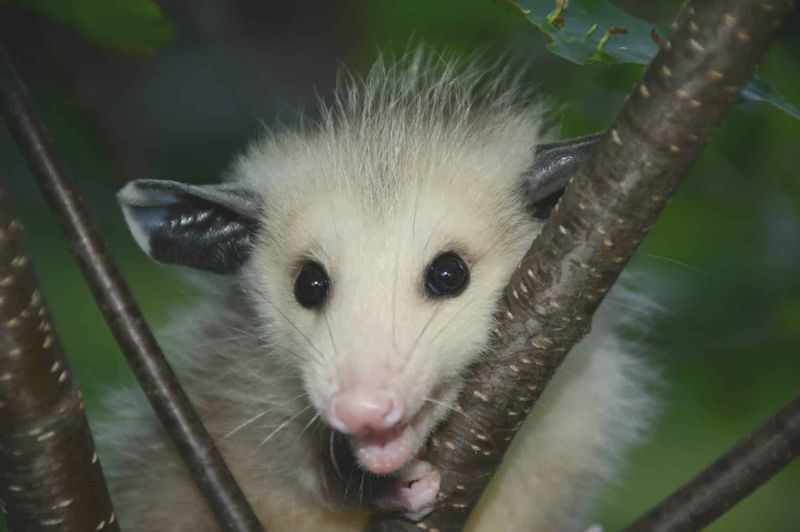
Georgia wildlife regulations classify possums as protected animals, meaning homeowners face specific legal restrictions on trapping, relocating, or harming them without proper permits. Improper removal methods can result in fines or legal complications that cost far more than simply coexisting with these harmless creatures.
Licensed wildlife control operators must follow strict guidelines when handling possums, and relocating them often just creates problems elsewhere while stressing the animal unnecessarily.
Understanding these legal protections helps homeowners avoid accidentally breaking wildlife laws while learning to appreciate the ecological value possums provide to Georgia’s natural balance and residential ecosystems.
8. Docile And Non-Aggressive
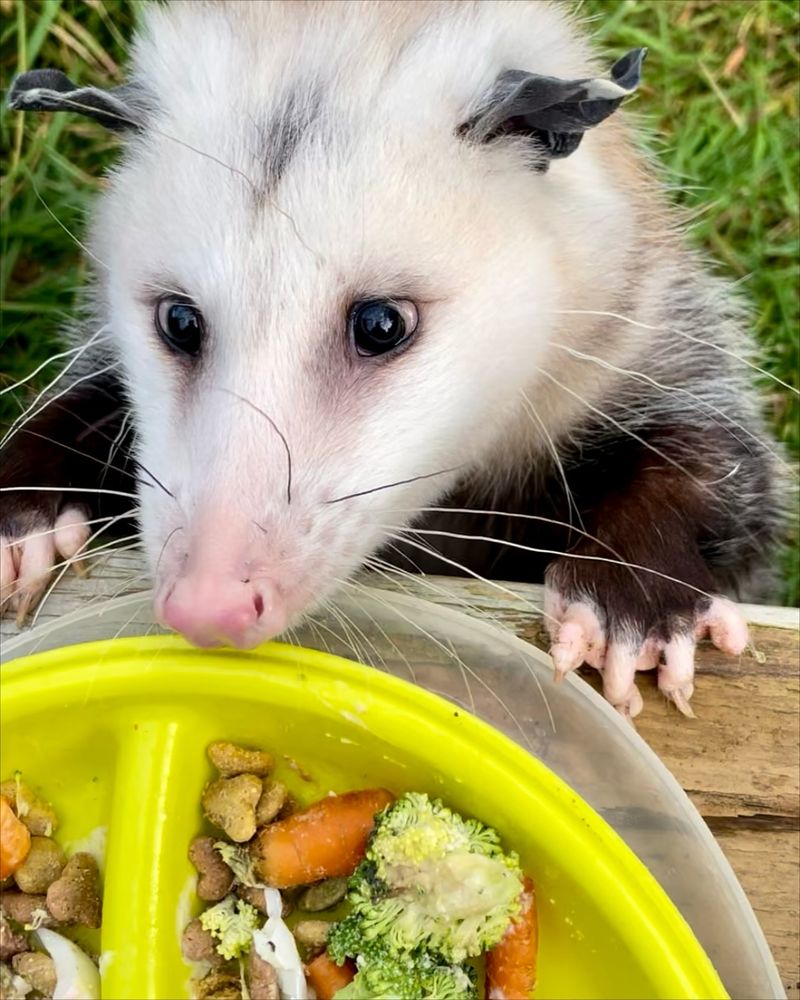
Despite their somewhat intimidating appearance with 50 sharp teeth, possums are remarkably gentle creatures that avoid confrontation at all costs. When threatened, they’ll hiss and show teeth as a bluff, but they’re far more likely to waddle away slowly or famously play dead than actually attack.
They lack the aggressive territorial instincts of raccoons or the defensive bite of squirrels, making them one of Georgia’s safest wild neighbors.
Even when cornered, possums rarely bite humans or pets, preferring their dramatic fainting act instead. This peaceful temperament means they pose virtually no danger to children, pets, or adults who encounter them around residential properties.

